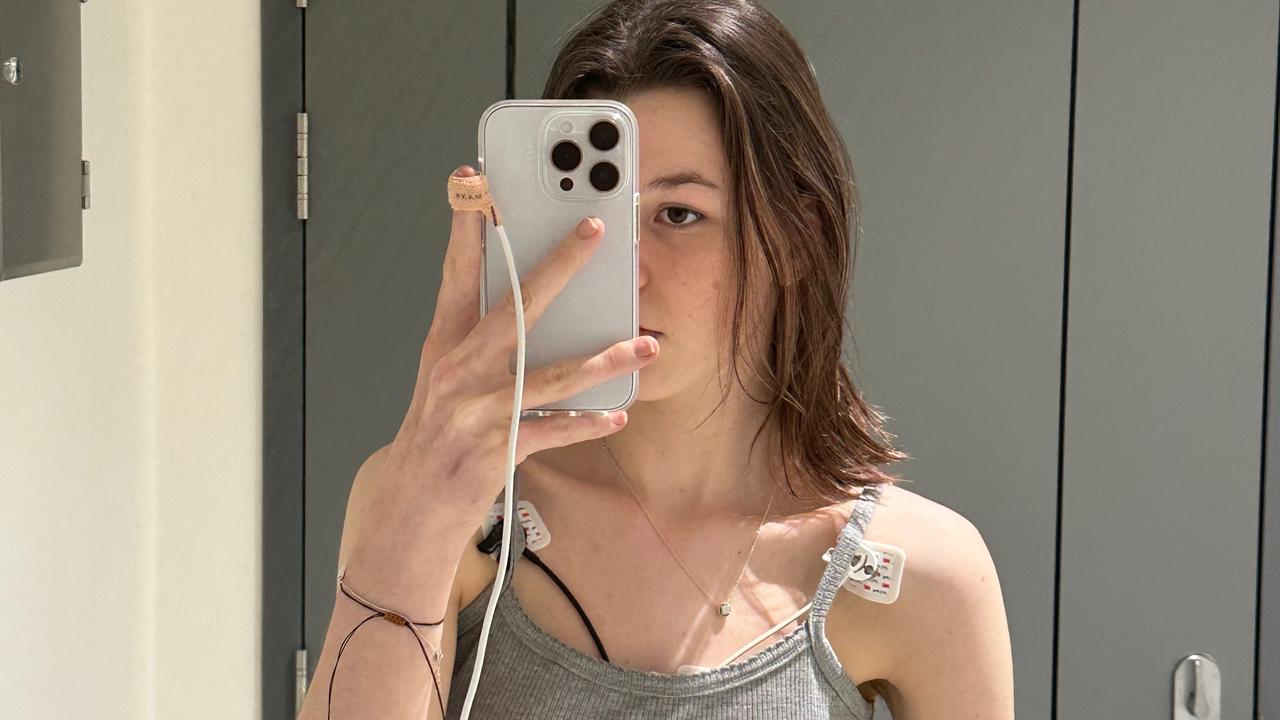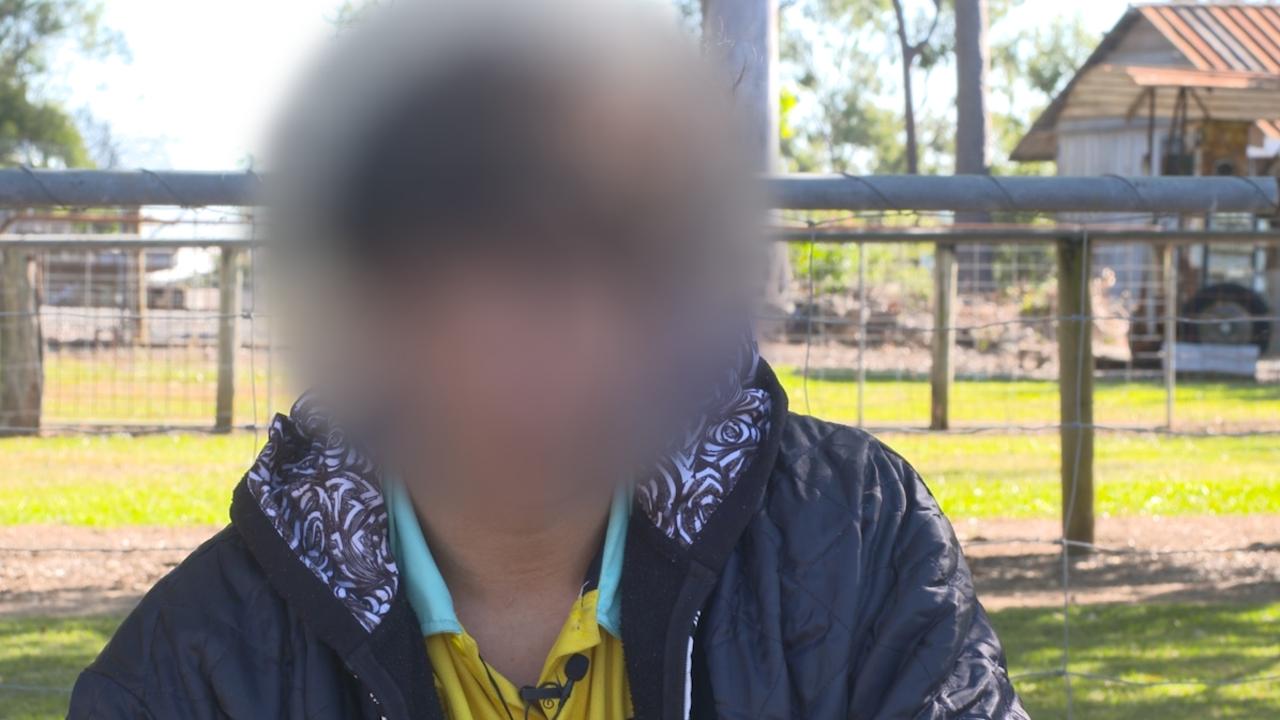Three Covid tests a week for childcare workers under new SA rules
Premier Steven Marshall says there will be more disruptions in schools during 2022 but has ruled out long stretches of home schooling.
Coronavirus
Don't miss out on the headlines from Coronavirus. Followed categories will be added to My News.
Staff at childcare centres will be required to test themselves for Covid-19 three times a week before going to work, under new rules announced by the state government on Friday.
At schools, from reception upwards, staff and students will face a series of restrictions if they are in contact with a positive case, but will not need to test regularly.
Premier Steven Marshall said it would be a year with disruptions and cases in schools.
“This year is going to be more problematic (than 2020 and 2021),” he said.
“But the concept that we should just have students studying from home for months and months until there are no cases in South Australia is just implausible.
“We think we’ve got a very sensible arrangement.”
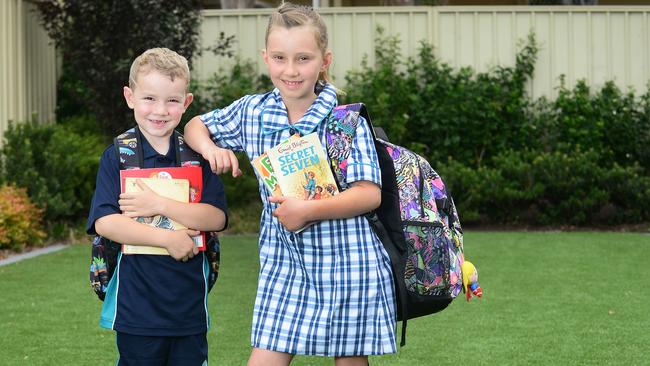
A new category – “classroom contact” – has been created in a tiered system to manage the return to school under the strategy of living with Covid rather than eliminating the disease.
A “classroom contact” has been in a class with a positive case.
A student in that category will be encouraged to keep going to school unless they show Covid-19 symptoms.
But they will be required to avoid inter-school sport, attending OSHC, camps, excursions, choirs and other such gatherings for seven days.
Teachers and other staff will be classified as either a “classroom contact” or a “workplace close contact” if they encounter a positive case.
“Workplace close contact” applies if they were not wearing a mask and were in close proximity indoors to an infected adult for at least 15 minutes.
In that category, they would go into seven days’ quarantine.
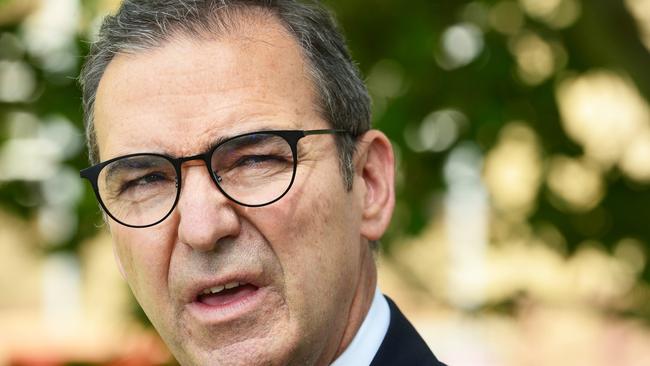
If a “classroom contact” they would be given seven rapid antigen tests to use daily, and must go to work if that test is negative.
Outside school, students and staff who are classroom contacts would be advised to wear a mask at home around others and everywhere outside their home, avoid meeting vulnerable people who are not part of their family and any high risk places.
Chief Public Health Officer Nicola Spurrier said those measures were the advice but not an enforceable direction with compliance dependent on the “partnership” with the community.
A further new category – “SSO 1:1 close contact” – has been created for students who have been unmasked and in close proximity to an infected student support, disability support or allied health worker.
Those students would get seven RATs for daily testing, or be quarantined.
All RATs will be provided free to students, teachers and other staff at schools and childcare centres and other early childhood settings, as required by the new rules.
They will be available to government and private sector sites under a funding deal with the federal government, with logistics being worked out locally by SA Health and the Education Department.
Professor Spurrier said limiting surveillance testing to early childhood workers – who must test each Monday, Wednesday and Friday – was because of their circumstances.
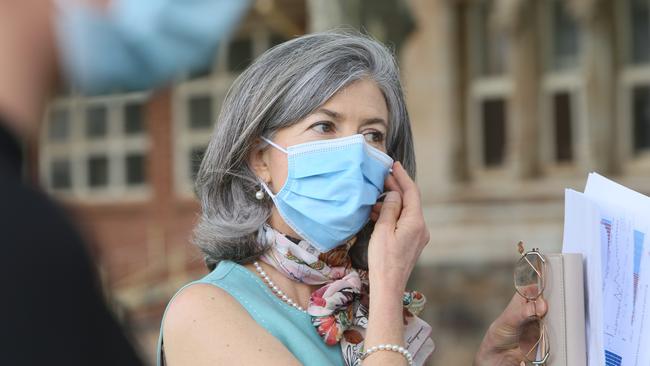
“The children cannot be vaccinated (because they are under 5), and the carer is in close contract changing nappies and nurturing the child and kids that age can’t wear masks,” she said.
“So there’s very little other risk mitigation.”
President of the Australian Childcare Alliance SA Kerry Mahony said it was an “extraordinary breakthrough” which would decrease the need for centres to close.
“It adds a dimension to our ability to deliver safe care,” he said.
Opposition Deputy Leader Susan Close said the last-minute changes to rules were confusing to families and teachers.
“They need certainty,” she said.
Australian Education Union SA president Andrew Gohl said the new rules, a written response from the Education Department to teachers’ concerns and the result of a ballot about a one-day strike would be discussed by the executive early next week.
“We’ll decide then whether to recommend calling off or going ahead with a strike,” he said.
The new rules apply from January 31 with teaching to begin on Wednesday, February 2.
Students in reception and years 1, 7, 8 and 12 will be on campus while others learn online from home.
Children of essential workers can go to school for supervised online learning.
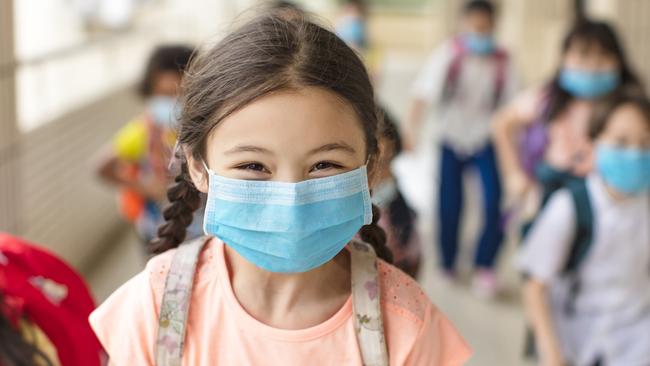
Other parents who can’t manage children in years 2 to 6 at home also can take them to school.
All students are due on campus from February 14.
Education Minister John Gardner said some families may chose to keep their children at home with a slight increase in absenteeism expected.
Parent Brandy Henkes has two children starting school at West Lakes Shores after moving to Adelaide from Alice Springs – Kane, 5, going into year 1 and Mylee, 9, into year 4.
“I’m not too worried at the moment but we are taking it cautiously,” she said.
“We didn’t have to deal with Covid much in Alice, but here the kids are getting used to wearing masks when they to the shops and so on.
“I’m glad the staggered start will let Kane start school in the classroom.”
In a related development, the SACE Board has postponed the ceremonies at Government House where 2021 merit awards would be presented.

